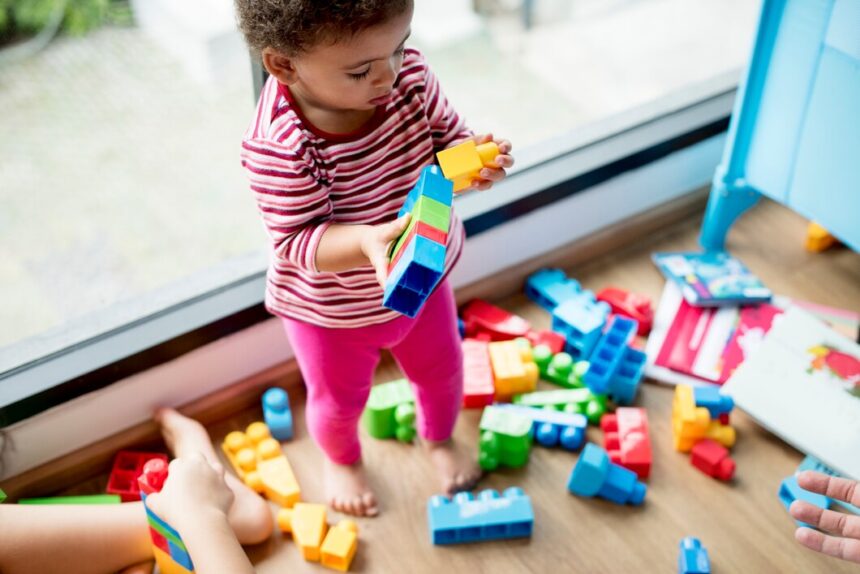At 19 months, toddlers are blossoming in various aspects of their development. Here are some key milestones to expect during this exciting stage:
Physical Development
- Walking and Running: Most 19-month-olds are confident walkers and may start running or walking quickly with more stability. They may also be able to climb onto furniture and explore their surroundings more actively.
- Fine Motor Skills: Improved dexterity allows them to manipulate small objects, stack blocks, and use a spoon and fork with increasing skill. They may also show interest in scribbling with crayons.
Cognitive Development
- Problem Solving: Toddlers are beginning to solve simple problems, such as figuring out how to get a toy out of a container or how to complete a simple puzzle.
- Understanding Cause and Effect: They start to grasp basic cause-and-effect relationships, such as pushing a button to make a toy light up or produce a sound.
Language Development
- Vocabulary Growth: A 19-month-old might have a vocabulary of 10 to 50 words and may start to use simple two-word phrases like “more juice” or “big truck.”
- Comprehension: They understand simple instructions and can follow directions like “come here” or “give me the ball.”
Social and Emotional Development
- Imitation: Toddlers love to imitate the actions of adults and older children, whether it’s talking on the phone or pretending to cook.
- Separation Anxiety: While some separation anxiety may still be present, they are increasingly able to explore and play independently, showing curiosity about their environment.
Behavioral Development
- Play: They engage in more complex play, such as pretend play with dolls or action figures, and may enjoy simple games like hide and seek.
- Temperament: Expect some mood swings and displays of frustration as they struggle to communicate their needs and desires. Patience and consistent routines help them navigate these emotional fluctuations.
Health and Nutrition
- Eating Habits: A varied diet is crucial. Toddlers at this stage should be eating a range of healthy foods, and you may notice preferences for certain flavors or textures.
- Sleep Patterns: Consistent sleep routines are important as they typically need about 11-14 hours of sleep in a 24-hour period, including naps.
Every child develops at their own pace, so these milestones can vary. It’s important to celebrate each child’s unique progress and consult a pediatrician if there are concerns about their development.










